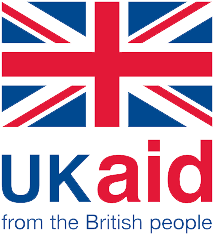The financial system is in transition, in part resulting from policy and regulatory changes following the financial crisis, but increasingly as a result of new business models and products underpinned by technological developments.
There is considerable controversy as to their impact, with differences arising through diverse predictions of speed of adoption, the balancing effects of efficiency increases and the effects of speed and commoditization, as well as the likely policy and regulatory responses.
Developing countries might use financial technology as a basis for leapfrogging today’s more sophisticated markets – starting with the use of mobile phone banking in places where physical banks are rare, up to more sophisticated systems such as using block chains for registering land ownership.
But regardless of these open questions, there is no doubt that financial technology is already disrupting the financial system in multiple ways, and is likely to do so increasingly in coming years.
The core objective of the session will be to explore the implications of current and possible future evolutions in financial technology on the alignment of the financial system with sustainable development outcomes broadly, and sustainable landscapes specifically.
The discussions could inform the UNEP Inquiry 2016 annual report, scheduled to be released at the October IMF/World Bank meetings.
Key questions addressed:
- What are the main contours of financial technology (FinTech), now and over the coming decade?
- What are the possible links between FinTech and sustainable development?
- What are some case based examples of FinTech application to landscapes?











































